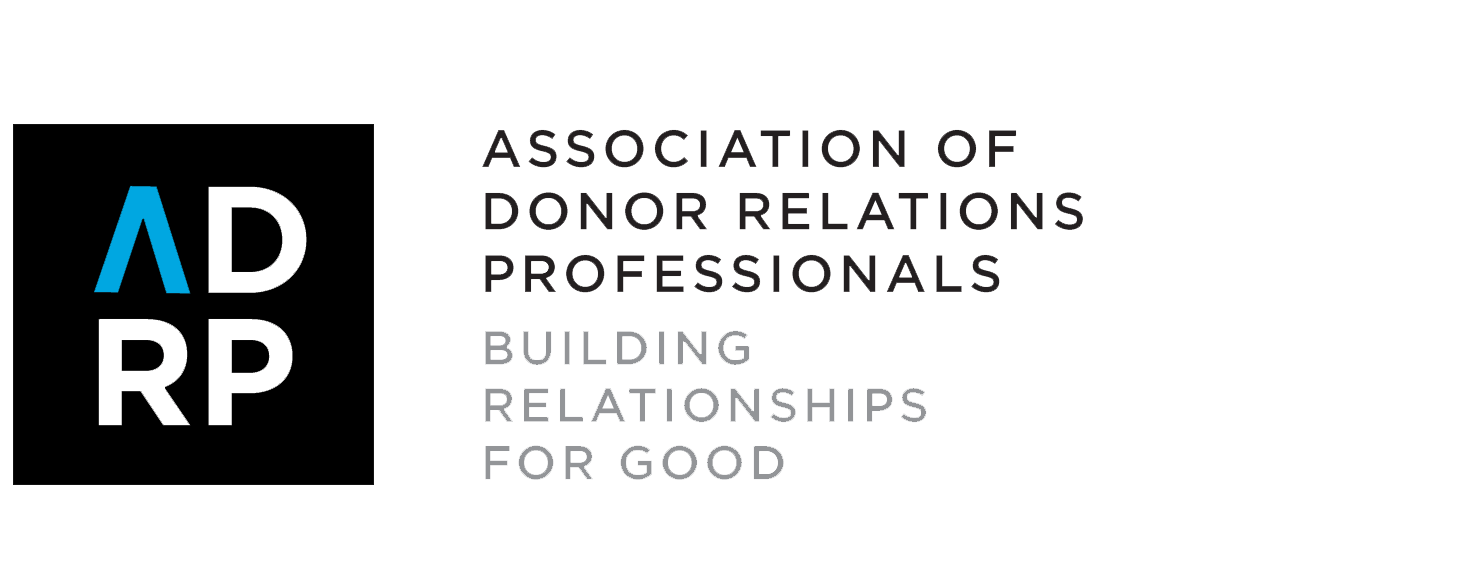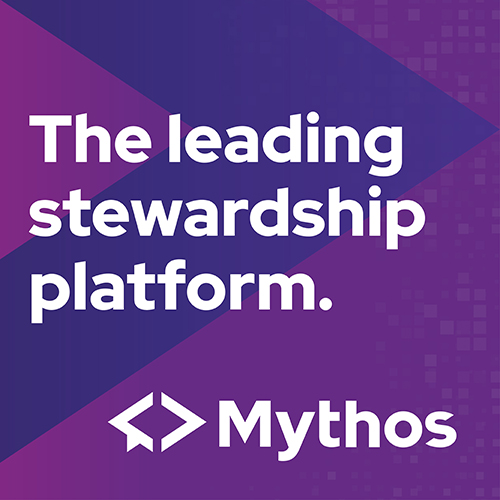- About
- Membership
- Resources
- Partner
- Events
- Awards & Scholarships
2018 Hub Article SubmissionWrite for The Hub!ADRP and The Hub team are seeking submissions for the 2018 issues. We really want you—our members—to be heard and to share your thoughts on donor relations and stewardship. We are looking for articles on a broad range of topics from best practices to the latest trends in the field. Whether you work for a small nonprofit or large organization, and whether you are new to the field or a seasoned professional, we would love for you to share your insights and expertise through the ADRP newsletter. To help spark the writing process, you may wish to review the monthly webinar topics as inspiration. Articles should be a minimum of 500 words in length. Completed articles will need to be submitted by the 20th of the month prior to the month it is scheduled to be published. Submit an Article Today2018 Webinar TopicsJanuary: Joint ADRP / APRA Webinar: Strategizing Stewardship and Donor Management for Major Gift DonorsEnsuring that Major Gift Officers are uniquely stewarding their donors can be a tricky task. We will talk about strategizing ways to encourage frontline fundraisers to factor stewardship into their long-term plans and run comprehensive portfolio reviews to refresh and re-engage. We will also explore the role Prospect Management staff and policies play in ensuring stewardship of an organization’s best prospects. Join us as we share our unique perspectives to major gift donors from donor relations and relationship management angles. February: Maximizing Campaign Events: A Model for Strategic Outreach and Moves ManagementWe will present a model of strategic outreach and moves management that can be used to maximize the outcomes of campaign events. We developed this model during our campus-based and regional campaign events and have found it to be highly effective. Our Prospect Research and Donor Relations departments have partnered to turn guest lists into intentional and measured engagement opportunities with potential donors before events, during events, and after events. March: Taking a Step Back Will Lead You ForwardThomas Jefferson (1743-1826) once said, “Honesty is the first chapter in the book of wisdom.” Nonprofit organizations should not assume prior, current, or prospective donors understand and have faith in their major gift fundraising campaign plans. By setting aside the time of a knowledgeable staff member—preferably a seasoned development officer—and giving them the task of reviewing your nonprofit’s program and fundraising success stories (as well as the challenges) in an honest and objectively written fashion, nonprofits can propel themselves to new heights of fundraising success. Although some believe they must hire an expensive consulting firm to conduct a “feasibility study,” I have discovered nonprofits can take much of this work in-house, with very positive results. April: Structuring Stewardship and Donor Relations Teams to Meet the Needs of the OrganizationWhether you are building a stewardship and donor relations team for the first time, preparing a team for a coming campaign, or seeking to improve an existing reporting structure, this presentation is for you. Join us as we take a look at how best to assess, structure, and build a team of donor relations professionals to meet the needs of your organization/institution so you can take away the tools you need to get the job done. May: Purpose-Driven MessagingStrengthen your relationship with donors and your case for support with inspiring, clear communications. This webinar will help you consider how to build your organization’s public image with strategically targeted, engaging visual identity and messaging created to build brand awareness and support. This workshop will focus on best practices for building a strong brand purpose and personality, from critiquing your most essential positioning language to evaluating the images and stories you share with donors, clients, and other stakeholders. This session is designed for nonprofit staff and leadership members who want to develop clear, compelling, and consistent brand experience (visual identity and messages) across all of your communication channels and marketing materials. June: 12+ Ways to Unite the Student Experience and Your Next Program
Does your team desire to lead exciting, memorable programming for your donors that highlights the value of their philanthropy to the recipient? This webinar will feature Oklahoma State University’s strategy that incorporates student philanthropic volunteers to illustrate the impact of philanthropy at their institution. You will not want to miss this opportunity to learn how the Annual Giving and Donor Relations Teams collaborate to enhance engagement experiences through creating personal connections for donors by including students in all levels of OSU Foundation programming. Whether students are interacting at events alongside donors or leading stewardship projects on behalf of the institution, this partnership efficiently provides a win-win opportunity to educate students about philanthropy as well as providing authentic moments of gratitude for donors. July: A Case Study: Keeping Donors ENGAGED OnlineJoin us for this exclusive event to see how you can ENGAGE donors online. Learn how colleges, universities, and foundations are providing donors with online access to fund financial data, scholarship recipient updates, and other fund communications online. This information also makes it seamless to produce donor reports at the click of a button! August: Stewardship Close-up: Naming OpportunitiesNaming opportunities are a key component in major gifts fundraising for most organizations. Donor names are associated with campus-based spaces, programs, funds, and faculty positions. The science of using naming opportunities to motivate giving—and using strategy and policy to manage possible risks—is evolving. This session will highlight advances in cross-departmental coordination, recognition policy, design guidelines, and strategies for extending the excitement around naming opportunities. We’ll explore making naming opportunity outcomes more meaningful for all audiences and prepare attendees to negotiate challenging situations. With perspective gained, attendees will be better prepared to avoid possible conflict and maximize the impact of naming opportunities for their institutions and donors. September: Plan to Re-PlanI know you plan, but is your plan comprehensive and in a shareable document with others on your team or within your organization? This webinar will help you start moving your ideas and calendar into manageable documents. We will discuss what should be included in a stewardship plan, how to implement the plan, and how to evaluate. Not only will it give you a sense of accomplishment to produce, others will be able to reference what needs to (and should) be done at the appropriate time. October: What is the Donor Experience? How Can You Improve Your Donors’ Experience?What do you know about your donors? Do you know who they are? What they want from your organization after they make a donation? Why they donated in the first place? The donor experience is not about stewarding the donor after a one-time donation. It is about creating a positive donor-centered encounter at each touchpoint within your organization, leading to a much deeper relationship. So what does donor-centered fundraising look like? Join us for an in-depth look at what donors want, and how your current donor experience measures up in meeting those needs. Learn how a great donor experience can equate to increased donations and improved donor-retention rates. November: Acknowledgements: Tips and Strategies for Managing and Creating Personalized Correspondence in a
|


